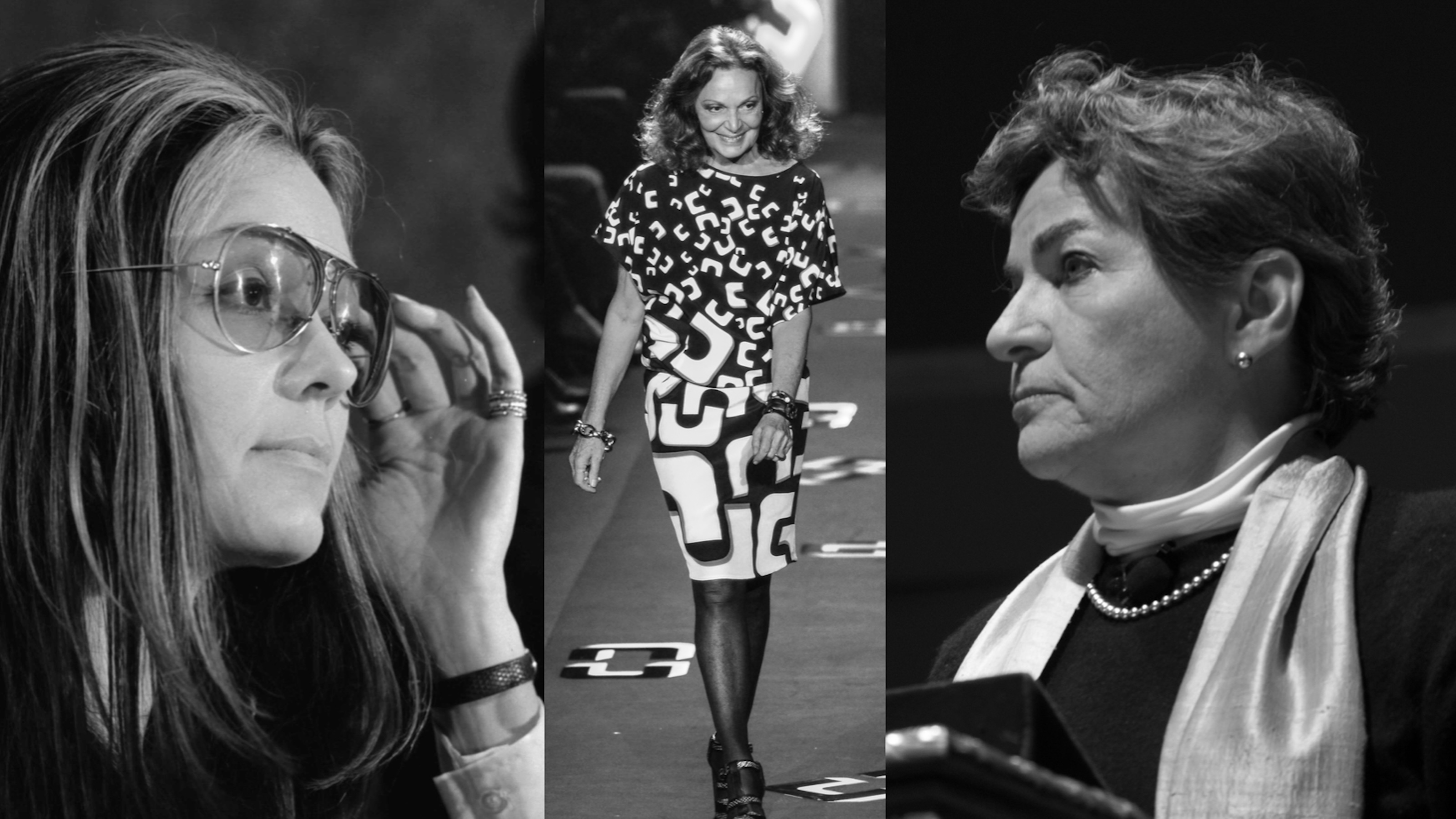At Oregon State, a Three Cultures Summit on Climate Change
I’m blogging from Chicago’s O’Hare airport, on my way to Portland to participate in a unique summit bringing together philosophers, scientists, social scientists, poets, filmmakers, and artists to consider new strategies for shifting the popular zeitgeist on sustainability and climate change. The workshop is sponsored by the Spring Creek Project at Oregon State. I hope to have more to report later, but for now, participants are asked to consider the following questions.
For readers, how would you answer these questions?
MAIN QUESTION: Let’s jump ahead to 2020 and imagine that, in just a decade, a great cultural shift toward a truly ecological culture has occurred. Individuals and institutions have embraced genuine, long-term sustainability. Values and lifestyles have dramatically changed; the technology is coming around. How do you think that came about?
For the scientists: What are some of the factors that make it difficult for scientists alone to inspire social and cultural change in response to climate change? Who are the important allies?
For the humanists: What are some of the factors that make it difficult for writers/philosophers/etc. alone to inspire social and cultural change in response to climate change? Who are the important allies?
Can technological advances and economic incentives avert the worst effects of climate change? What else is required?
What can scientists and humanists do together that neither can do alone?
What can the arts (what must the arts) contribute to the great social changes that must be made?




